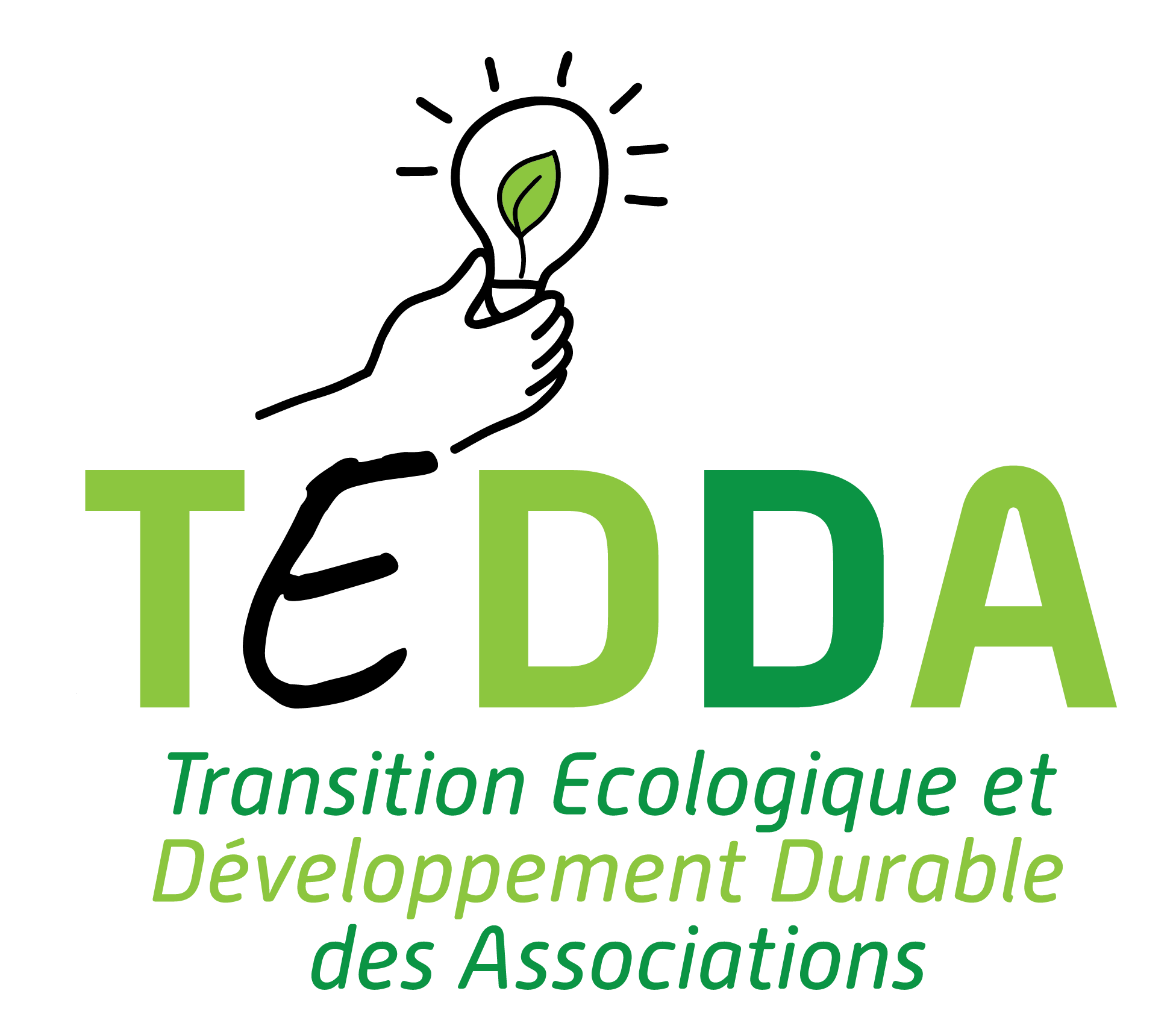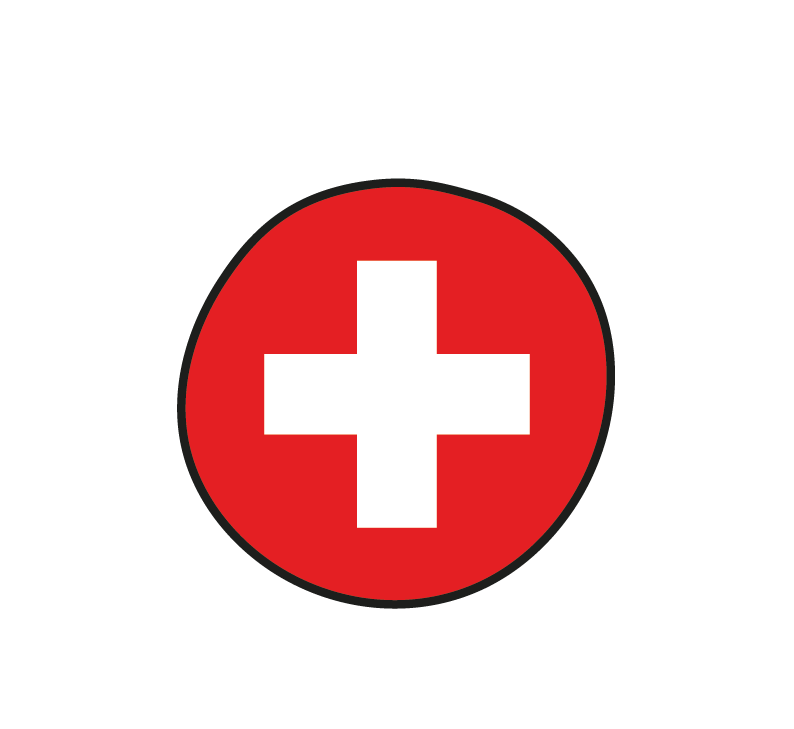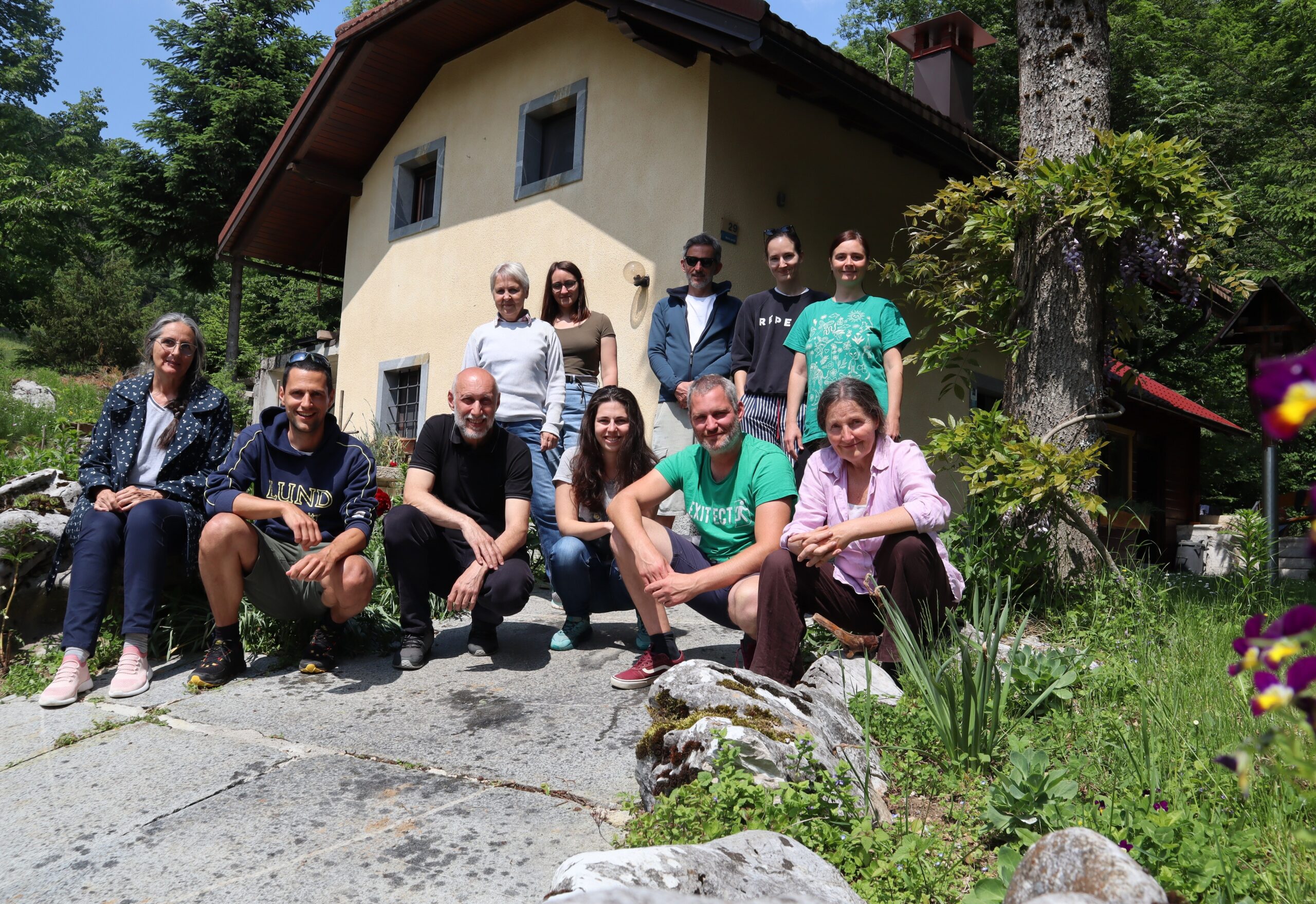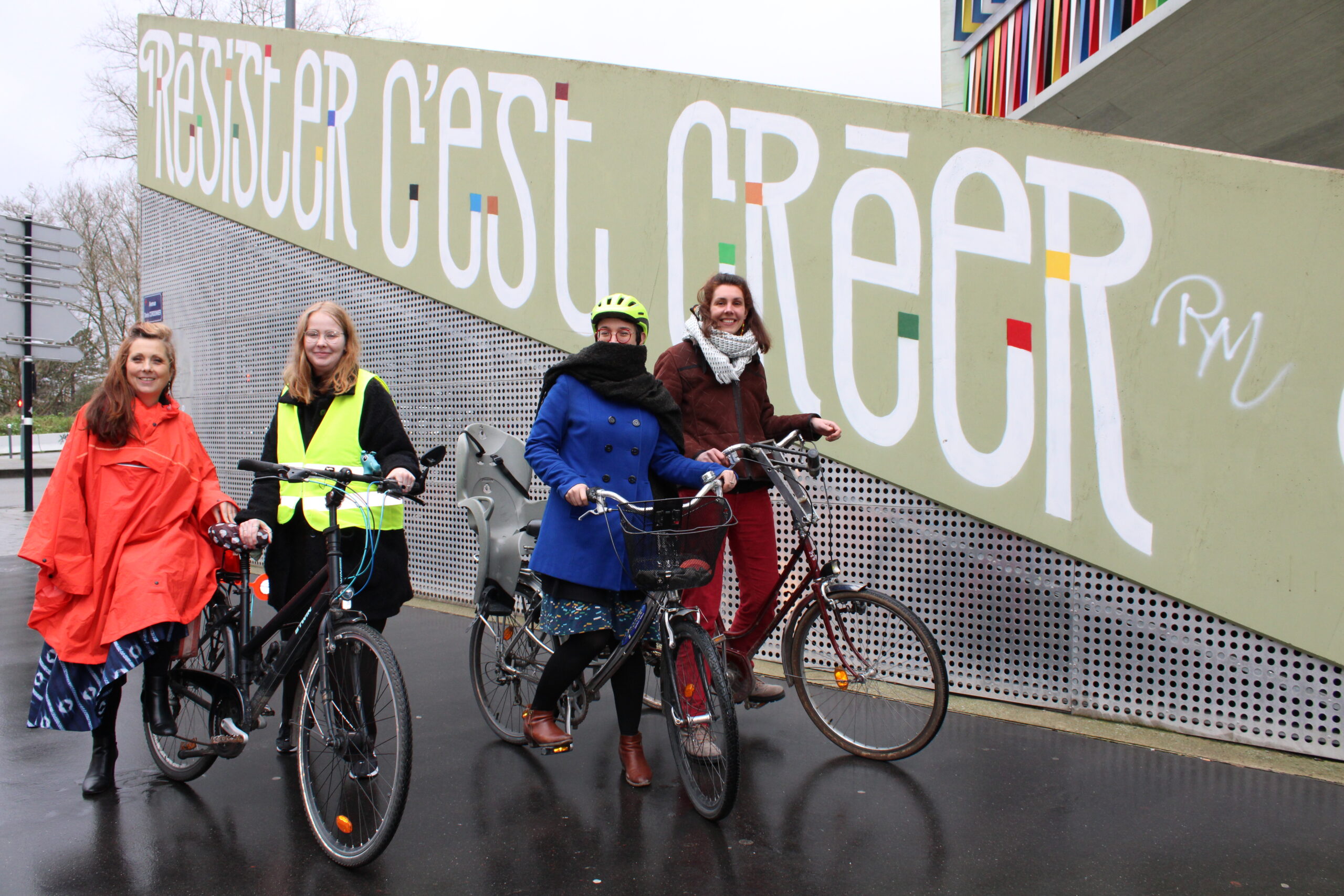 view
view
The Geneva network of social economy

APRÈS
The Geneva network of social economy
The social economy network APRÈS is a non-profit association created in 2004 which is committed to the promotion and recognition of the social economy in the Geneva region. The network has 800 members, including 400 companies and organisations active in all fields of activity.
The association’s mission is to contribute to making the economy a major lever in the transition to a society that respects people and the biosphere. To this end, APRÈS offers resources and support and organises meetings and workshops for the creation and development of entrepreneurial projects
Field of activity
Economic umbrella organization, socio-economy
Work team
12 employees
City
Geneva
Website / Social media
APRES-GE – Internet | Le réseau de l’économie sociale et solidaire
Good ecological practices
The association has a global approach and has begun a remarkable transition in its purchasing policy, the layout of its business premises and its digital tools.
On the purchasing side, the association’s actions consist of:
use, since 2015, the local currency Le Léman to formalize a purchasing policy with local producers and providers
use Le Léman for part of the employees’ remuneration (the thirteenth salary)
participate in a system of interest-free spending line the mutual currency via the use of the currency Le Léman
On the building side, the association has chosen to:
move into a space built with reuse
use local and SSE service providers for the fitting out of its premises using reused material for the windows, sanitary facilities and kitchen
On the digital side, the steps consisted in:
purchase a second-hand computer system
use open source software (nexcloud, Drupal, Odoo, etc.)
be assisted by a service provider specialized in free tools and have a monthly maintenance contract
sign a charter for digital tools promoted by the Intercontinental Network for the Promotion of SSE in Europe
What was the trigger?
The transition actions are namely carried out within the APRES association because they contribute to feed the projects and resources related to its missions of support to the creation of sustainable entrepreneurial projects.
Running the project
The projects are undertaken internally by the employee referents, as they participate in the creation of tools to animate the network.
Concerning the use of a local currency, the process was facilitated by an employee of APRÈS who was also a volunteer of the association that founded the currency. He was assigned to raise awareness and support the work teams in integrating the currency into their purchasing and human resources management practices.
Keys of succes
- belong to a network of innovative associations in the field of transitions
- have employees involved in social economy projects
- inform the team about changes in the association’s practices during internal meetings
- organize training sessions on the use of new tools
- be accompanied by a partner specialized in sustainable digital technologies
Financial support
The association did not have specific financial means to implement its changes in practices.
Encountered barriers
Concerning the use of a local currency, training time on the tool for people involved in purchasing and human resources is essential to support changes in practices. The association does not always have the habit of checking that purchases are possible with Le Léman. A platform to identify businesses that use Le Léman is being developed (la place du marché).
Measures of change
The actions have enabled the development of new partnerships with local structures involved in the ecological transition. The association has been able to position itself as a reference structure and encourage local partners to change their practices.
















